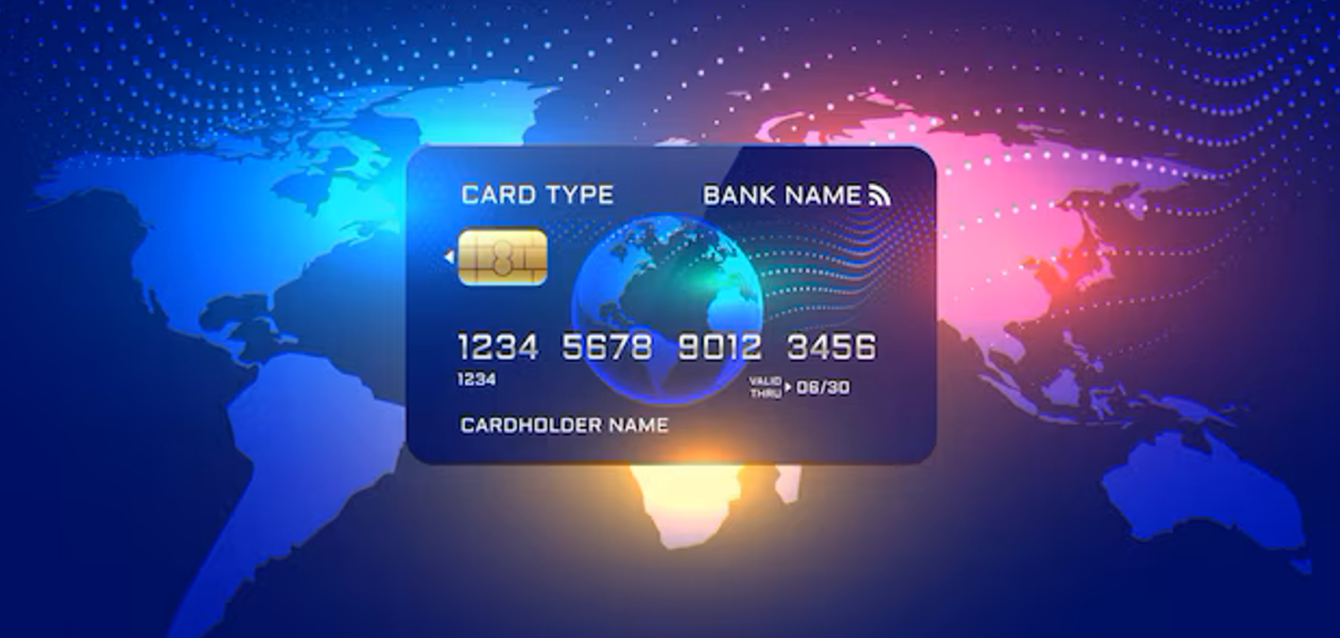Credit cards have become an integral part of India’s financial ecosystem, offering consumers convenience, rewards, and financial flexibility. With increasing digital adoption, rising disposable incomes, and evolving consumer spending habits, the Indian credit card market is experiencing significant growth.
In recent years, credit cards have transitioned from being a luxury to a necessity, enabling users to manage expenses, earn rewards, and build creditworthiness. With innovative products, regulatory support, and growing financial literacy, India’s credit card industry is poised for sustained expansion.
Market Overview & Growth Trends
- Expanding Credit Card Base: As of 2024, India has over 100 million active credit cards, with monthly transactions exceeding ₹2 trillion.
- Rising Adoption: The number of credit card users has been growing at a 15-20% CAGR, fueled by increasing urbanization and digital payments.
- Higher Spending Behavior: The average ticket size of credit card transactions is higher than debit cards, indicating a shift toward credit-based spending.
- Contactless & Digital Payments: UPI-linked credit cards and tap-and-pay NFC technology have further accelerated adoption.
Key Players in the Indian Credit Card Market
Several banks and financial institutions dominate India’s credit card segment:
- Leading Credit Card Issuers:
- HDFC Bank: Market leader with a wide range of rewards and travel-focused cards.
- SBI Cards & Payment Services: One of the largest issuers with strong retail and co-branded offerings.
- ICICI Bank, Axis Bank, and Kotak Mahindra Bank: Key players offering cashback, lifestyle, and travel-focused credit cards.
- American Express, Citi, and Standard Chartered: Premium segment players catering to high-net-worth individuals (HNIs).
- New-Age Fintech Players:
- Slice, OneCard, UNI Cards: Offering innovative credit solutions tailored for younger consumers and first-time borrowers.
Popular Types of Credit Cards in India
- Rewards Credit Cards: Earn points on every transaction, redeemable for flights, hotels, and shopping.
- Cashback Credit Cards: Provide direct cashback on spending, ideal for everyday expenses.
- Travel Credit Cards: Offer lounge access, air miles, and travel insurance.
- Fuel Credit Cards: Provide fuel surcharge waivers and discounts on petrol/diesel purchases.
- Business & Corporate Credit Cards: Tailored for enterprises, offering expense tracking and business-related rewards.
- Secured Credit Cards: Issued against fixed deposits, helping individuals with limited credit history build a strong credit score.
Recent Innovations in the Credit Card Industry
- UPI-Linked Credit Cards: The RBI’s approval for UPI-credit card linkage allows users to make UPI payments using their credit cards.
- Buy Now, Pay Later (BNPL) Integration: Several fintech players have introduced BNPL-powered credit solutions for short-term credit access.
- Metal Credit Cards: Premium banks are launching metal cards with luxury benefits and concierge services.
- Instant Digital Credit Cards: Instant approval and virtual credit card issuance for seamless online payments.
Challenges in the Credit Card Market
Despite strong growth, several challenges persist:
- Low Penetration: With less than 4% of the population holding a credit card, penetration remains low compared to developed economies.
- High Interest Rates: Credit card interest rates range between 30-42% annually, making it a costly credit option.
- Rising Defaults & NPAs: With increased credit card usage, risk of defaults and bad debts is a growing concern.
- Security & Fraud Risks: Cases of credit card fraud, skimming, and data breaches require advanced security measures.
Future Outlook: What Lies Ahead?
- Expansion Beyond Urban Areas: Banks and fintech firms are targeting tier-2 and tier-3 cities to increase credit card adoption.
- AI & ML in Credit Assessment: Use of Artificial Intelligence (AI) and Machine Learning (ML) to enhance credit scoring and fraud detection.
- Increased Collaboration Between Banks & Fintechs: More partnerships are expected to drive credit card innovations and reach new customer segments.
- Regulatory Support for Consumer-Friendly Policies: The RBI’s focus on transparent pricing, interest-free EMIs, and customer protection will shape the industry’s future.
- Growth of Virtual & Tokenized Cards: As digital transactions rise, tokenized and virtual credit cards will enhance security and convenience.
India’s credit card market is at a transformational stage, driven by digital innovation, rising consumer demand, and financial inclusion initiatives. With fintech startups and traditional banks competing to offer better rewards, lower interest rates, and enhanced user experiences, the future of credit cards in India looks promising.
As financial awareness grows and regulatory frameworks evolve, India is set to witness a new era of credit accessibility, innovation, and security in the payments landscape.




